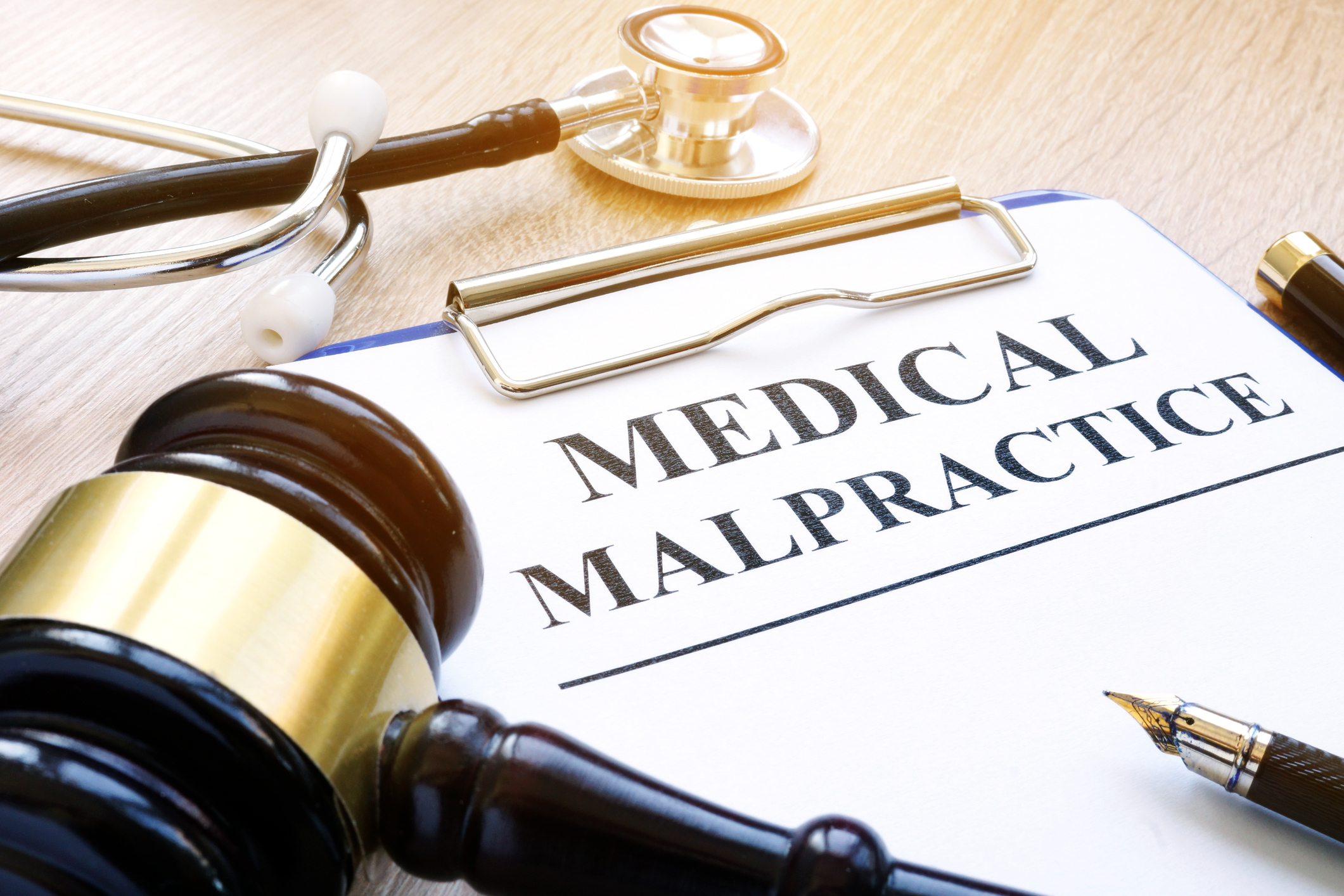Medical malpractice in hospitals takes place when the hospital, doctor or healthcare professional causes any sort of injury to a patient due to omission or negligence. These errors at times might result from errors in treatment, diagnosis, aftercare or health management. In order for a claim to be considered malpractice according to the law, it has to violate the standard of care, be caused by negligence and result in significant damages for the patient. According to the law, there are certain medical standards that are acceptable by reasonably prudent healthcare professionals. Each patient has a right to expect that healthcare professionals deliver care that is consistent with the standard of healthcare failure to which it will be considered malpractice.

However, for it to be considered malpractice, it is not only sufficient for it to have violated the standard of care. It is paramount that the patient provides concrete proof that he or she sustained an injury that would otherwise not take place in the absence of negligence. In most cases, injuries resulting from medical malpractice lead to outcomes such as disability, loss of income, significant past and future medical bills, unusual pain, hardship, and suffering as well. Common forms of malpractice include surgical errors, misdiagnosis, operating on the wrong site, premature discharge, giving patients incorrect medication or dosage, failure to recognize symptoms, failure to analyze patient’s history and conducting a wrong diagnosis.
In order to prevent all this from happening, it is essential for a healthcare professional to undergo a medical malpractice check. According to various studies, plenty of doctors in the U.S give up their licenses to go and practice medicine in other states where there are no or lenient professional penalties. This helps them protect their reputations while putting their patients’ lives at risk.
It is due to this reason that it is important to conduct a medical malpractice check on your physician. Checking out their history of malpractice suits and any disciplinary actions will be essential in helping you choose a doctor. This is especially the case when you need difficult medical treatment or testing. Doing research on the doctor’s experience, credentials and abilities will come in handy in saving your own life.
Hiring a private investigator to conduct the malpractice and negligence investigation will help gather relevant information to support malpractice claims against the healthcare professional. Detectives participate in interviewing witnesses, taking statements performing tests on products as well as conducting research among others. These specialists conduct extensive background checks on doctors, nurses, and pharmacists in order to uncover any medical errors, procedural errors and any lapses that might have violated the accepted code of proper medical conduct.

In the event of malpractice findings, one should ensure they make a qualified judgment. It is important to be objective and ask the physician regarding the malpractice claims that may be found. This way, you can get both sides of the story and make an informed decision regarding whether to trust the doctor with your life when seeking out treatment.








